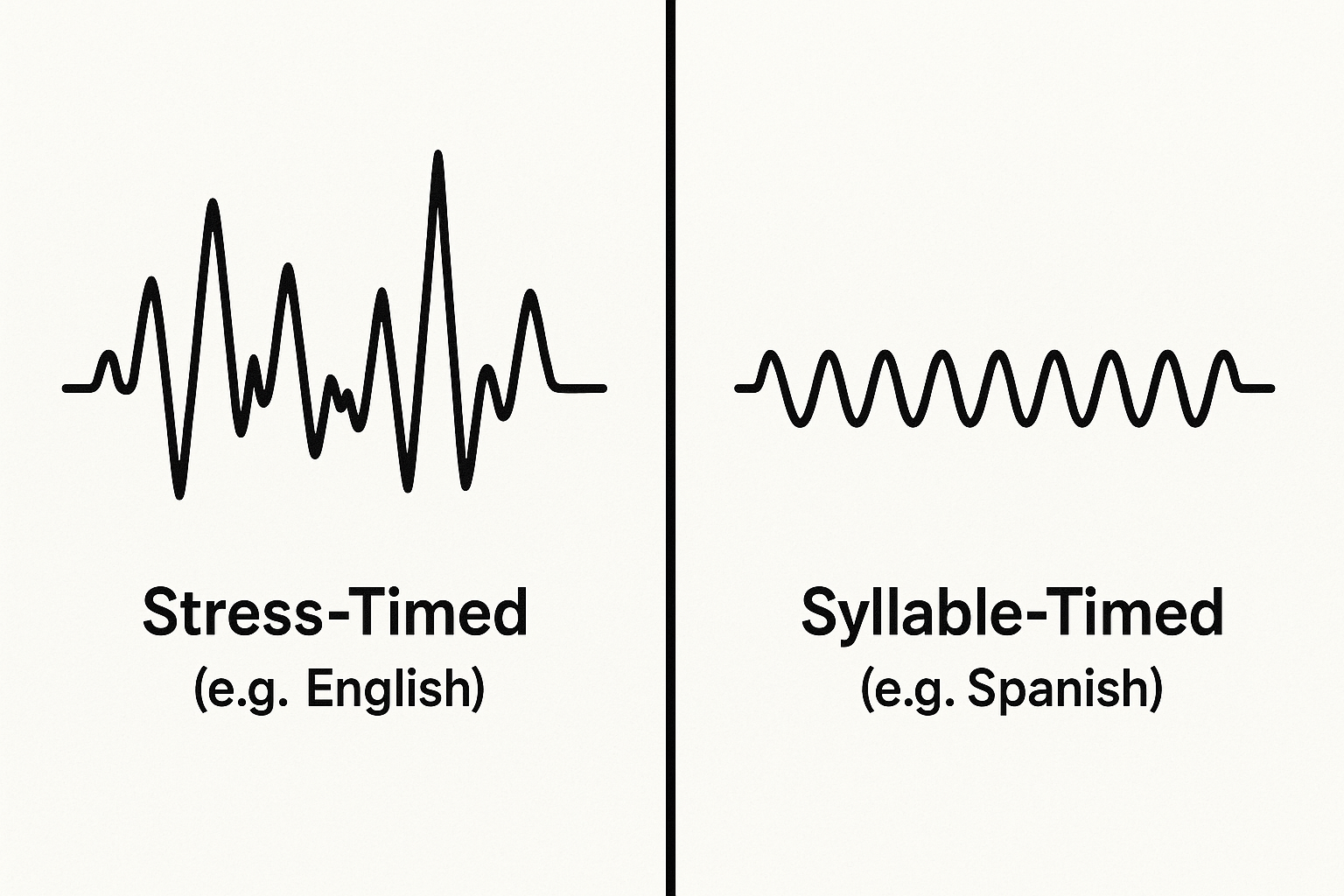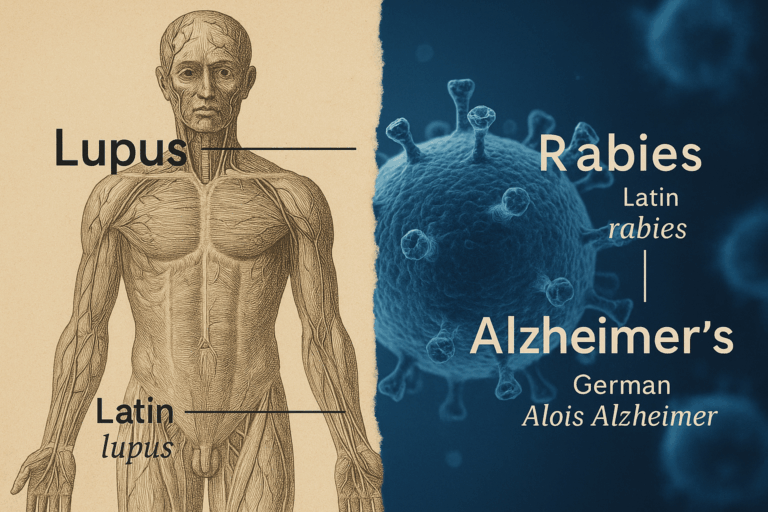A Heckin’ Good Syntax: The Surprisingly Complex Grammar of DoggoLingo
Beyond the cute misspellings of “doggo” and “pupper,” the internet phenomenon of DoggoLingo has developed its own surprisingly consistent grammatical rules. From its distinct morphology to its unique syntax, this playful online dialect demonstrates the fundamental human drive to create systematic language. Analyzing its structure reveals a complex system built on empathy, community, and our heckin’ good love for our pets.









